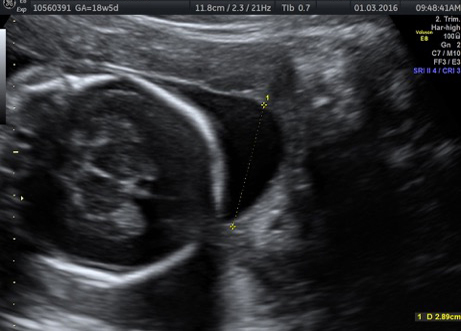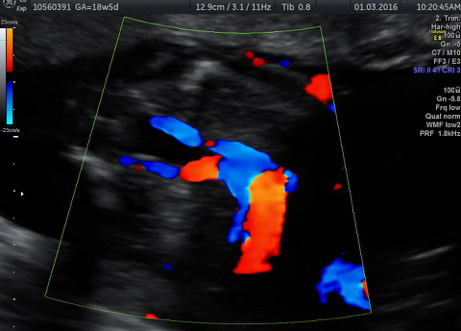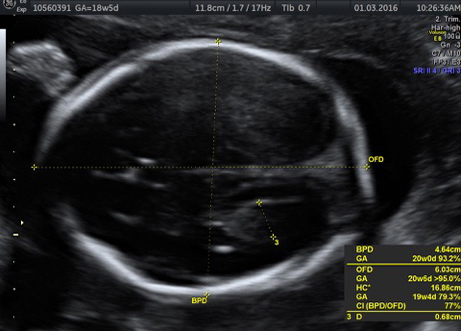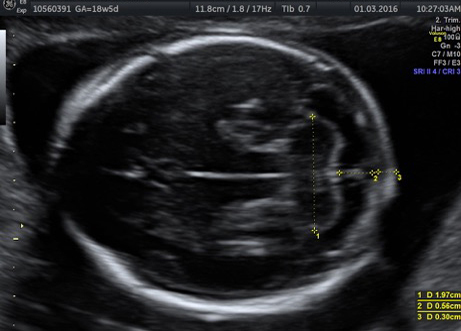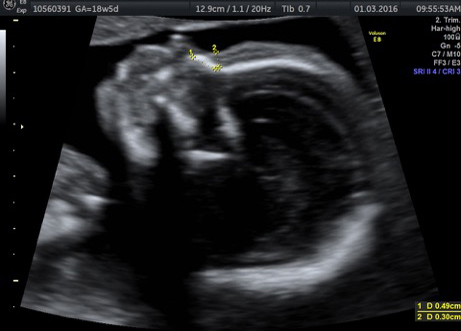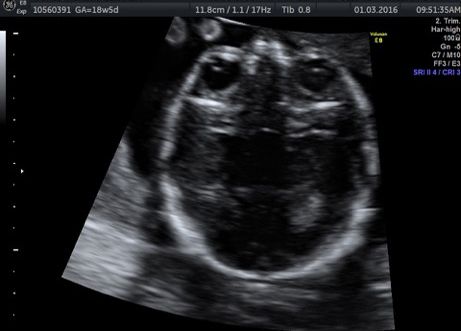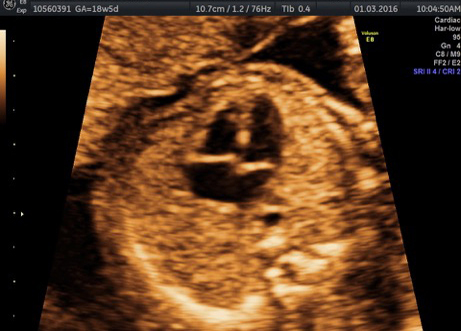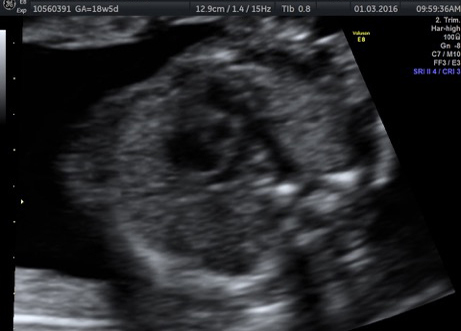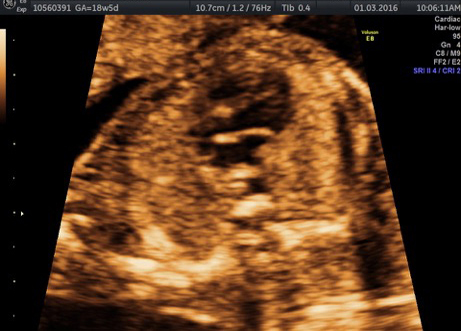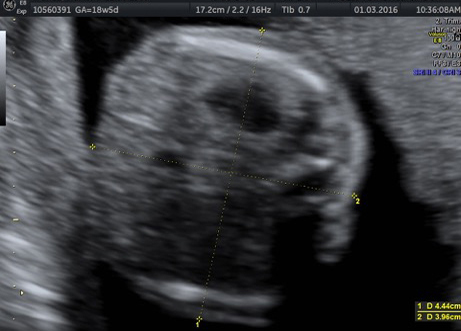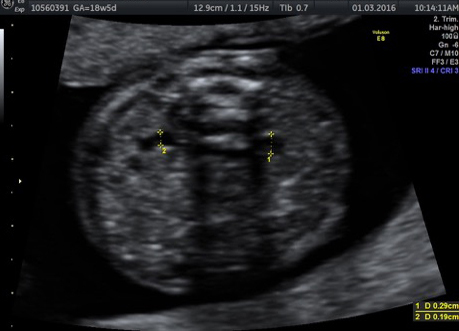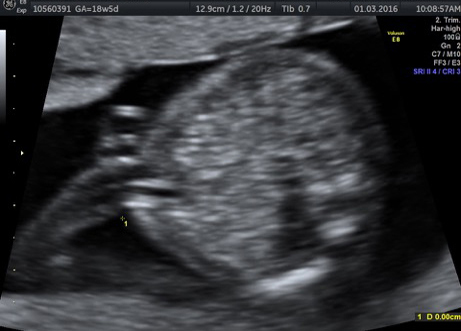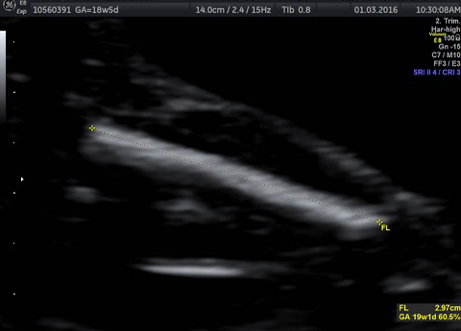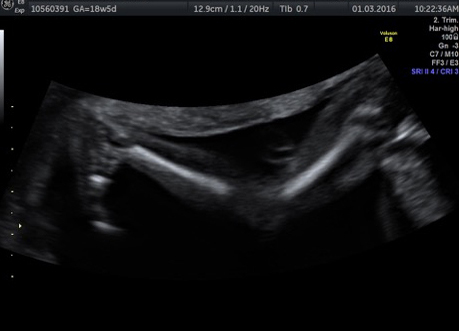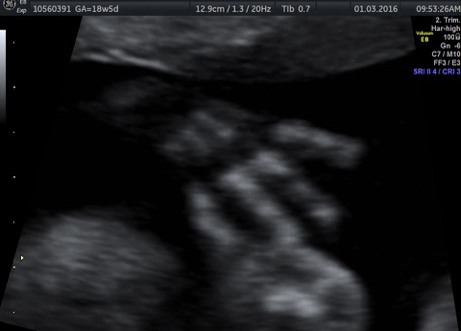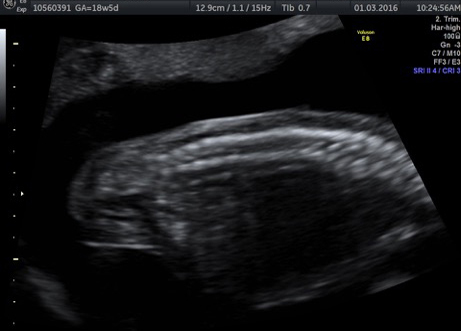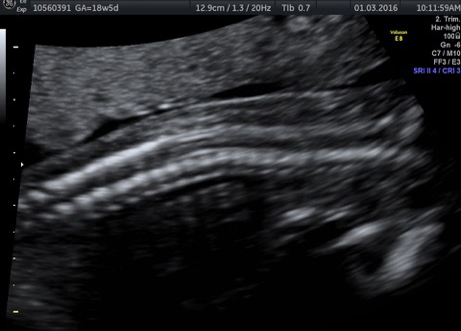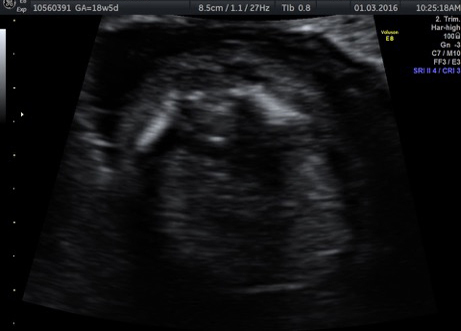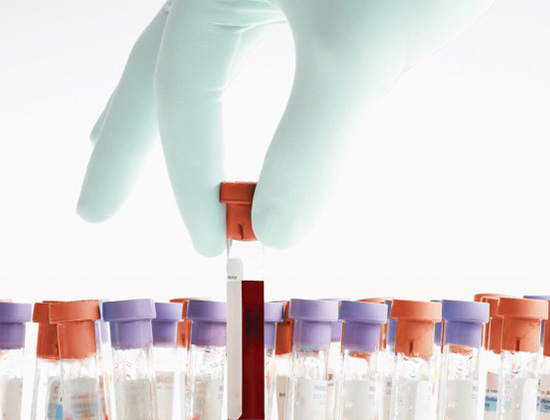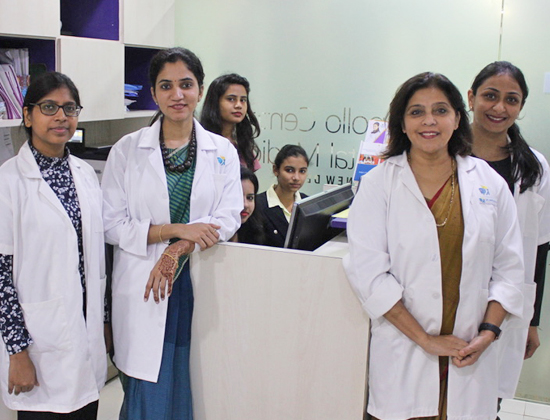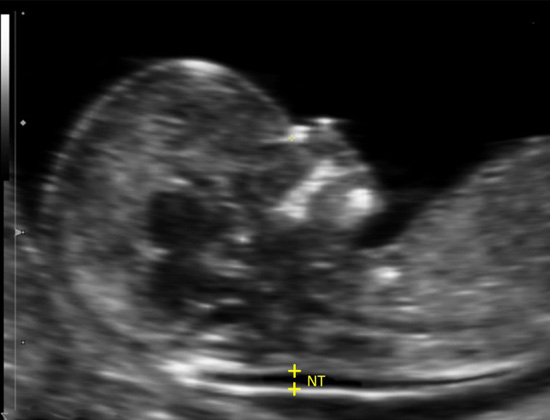The Quad screen — also known as the Quadruple marker test or simply the Quad test — is a prenatal test that measures levels of four hormones in a pregnant woman’s blood:
- Alpha-fetoprotein (AFP), a protein made by the developing baby
- Human chorionic gonadotropin (HCG), a hormone made by the placenta
- Estriol, a hormone made by the placenta and the baby’s liver
- Inhibin A, another hormone made by the placenta
Typically, the quad screen is done between weeks 15 and 20 of pregnancy — the second trimester.
Results of the quad screen indicate your risk of carrying a baby who has certain chromosomal conditions, such as Down syndrome. The alpha-fetoprotein part of the test can help detect neural tube defects, such as spina bifida.
If your risk level is low, the quad screen can offer reassurance of a healthy pregnancy.
If your risk level is moderate or high, you might choose to follow the quad screen with another test that’s more definitive.
The quad screen is done to evaluate your risk of carrying a baby who has any of the following conditions:
- Down syndrome (trisomy 21). Down syndrome is a genetic condition that causes lifelong impairments in mental and social development, as well as various physical concerns.
- Edwards syndrome (trisomy 18). Edwards syndrome is a genetic condition that causes severe developmental delays. Edwards syndrome is often fatal by age 1.
- Spina bifida. Spina bifida is a serious birth defect that occurs when the tissue surrounding a baby’s developing spinal cord doesn’t close properly. Spina bifida can lead to severe physical and mental disabilities.
- Anencephaly. Anencephaly is an underdeveloped brain and an incomplete skull. A baby born with anencephaly might be stillborn or survive only a few hours to days after birth.
Depending on the timing, your doctor might recommend other prenatal screening tests — such as first trimester screening, which involves a blood test and an ultrasound exam — in addition to the quad screen or in place of the quad screen.
Remember, the quad screen is optional. Test results only indicate whether you have an increased risk of carrying a baby who has Down syndrome, not whether your baby actually has the condition.
Before the screening, think about what the results mean to you. Consider whether the screening will be worth any anxiety it might cause, or whether you’ll handle your pregnancy differently depending on the results.
You might also consider what level of risk would be enough for you to choose a more invasive follow-up test.
The quad screen is a routine prenatal screening test using mother’s blood. The test poses no risk of miscarriage or other pregnancy complications.




